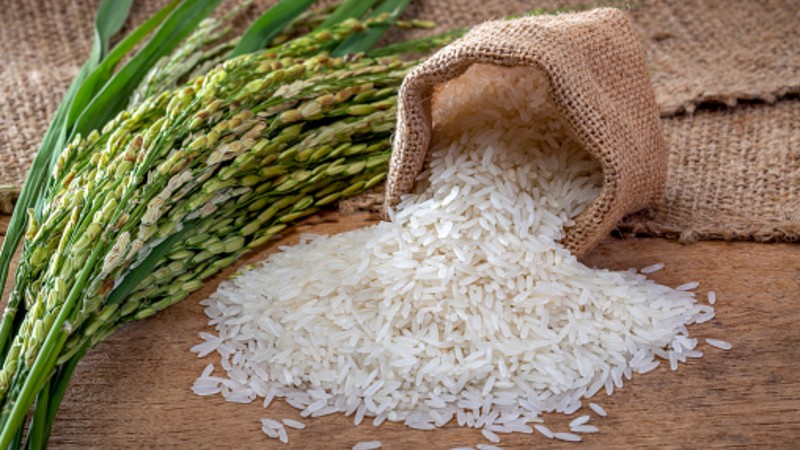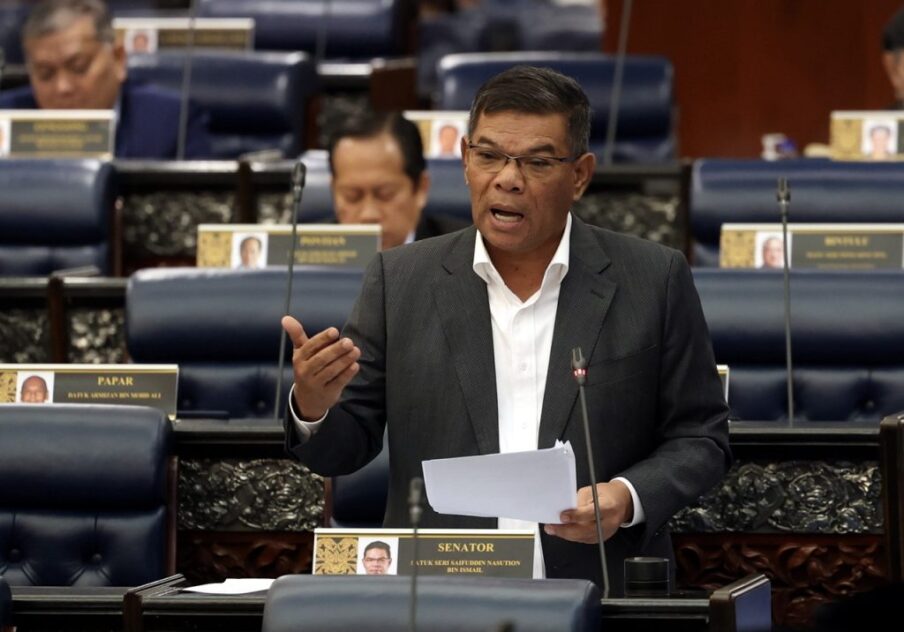THE Sabah Warisan party has voiced its apprehension regarding the surge in prices of locally produced rice, which has coincided with a recent price hike in imported white rice announced by Bernas, Malaysia’s major rice distributor.
Warisan Kota Kinabalu division chief Samuel Wong expressed concern over the panic buying triggered by the price hike, resulting in a scarcity of rice in supermarkets across the state.
He pointed out that the escalating prices of both locally produced and imported rice have made it challenging for many Sabahans to afford this essential staple.
“Local rice prices have surged alongside imported varieties, leaving many Sabahans struggling to afford this essential staple.
“The government had previously guaranteed that local rice prices would remain stable. However, with prices of local rice increasing by over 50% in stores, this assurance appears to be empty,” Wong said in a statement today.
Wong referred to Agriculture and Food Security Deputy Minister Chan Foong Hin’s previous assurance that there would be no price increase for local rice and that there was an ample supply. Chan had also claimed that he had reached an agreement with paddy millers and rice wholesalers to increase the supply of local white rice by 20%.
“I visited a market in my constituency this morning as well. So far, there is a sufficient supply of local Sabah rice, with one of the brands selling at RM28 per 10kg,” Chan, who is also Kota Kinabalu MP, wrote in Facebook on Sunday (Sept 3).
However, Wong contested these claims, asserting that the situation on the ground tells a different story.
He noted that the price of local rice has soared to alarming levels in some instances, with prices reaching up to RM4 per kilogramme.
“The government should present concrete plans to mitigate the price increase and the shortage of local rice. Are there immediate solutions? Will there be deployment of enforcement teams to monitor rice prices in supermarkets and stores across the region?” Wong asked.
Sabah currently maintains a Rice Self-Sufficiency Level (SSL) of 22%, with the remaining 78% of the state’s rice needs being imported from countries such as China, Vietnam, Thailand, and Pakistan.
Moreover, Wong highlighted the vulnerability of imported rice supplies due to droughts and floods affecting rice-exporting nations as a result of the El Niño phenomenon.
He urged Chan to take action as promised on Facebook and emphasised that the people of Sabah are already grappling with rising inflation in various food products, further compounded by surging local rice prices and shortages.
“The people of Sabah are already burdened by rising inflation in various food products, and the surging local rice prices and shortages have compounded their woes.
“Sabahans deserve a better quality of life—affordable food, stable incomes, increased job opportunities, and improved infrastructure. It’s high time for action, not empty promises, from those in power.”
Yesterday (Sept 5), Sabah UMNO information chief Suhaimi Nasir also called for continuous monitoring of the state’s rice supply by enforcement authorities, particularly from the Domestic Trade and Cost of Living Ministry.
The Borneo Post quoted him as saying that he has received feedback from the people about some shops lacking a supply of rice and others limiting the purchase of the products to two packets for each purchase. – Sept 6, 2023









